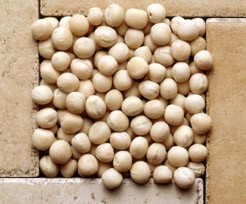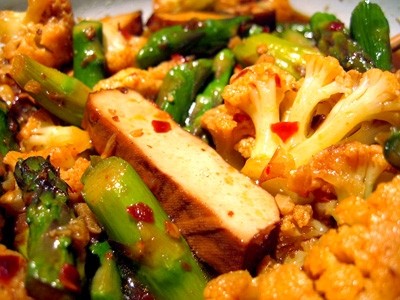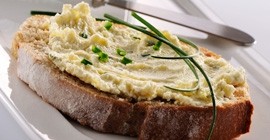Special edition: meat alternatives
Rise of meat extension benefits Roquette

In recent years, a number of alternative vegetable-based ingredients, particularly proteins and fibres had been used in processed meats, said Dr Aurélie Mauray-Soulier, market development manager, Europe, particular nutrition, Roquette Nutrition Business Unit.
Major applications include convenience foods, such as burgers and nuggets made from ground and minced meat; injected and tumbled ham and emulsified products such as frankfurters.
“The main functionalities of interest are its water binding/holding capacity and/or its emulsifying and gelling capacity, suitable for meat extension,” said Mauray-Soulier. “Additionally, texturised proteins offer excellent opportunities for extended meat formulation to reach higher substitution levels.”
Decrease of meat consumption
In addition, she said Roquette, which specialises in vegetable ingredients including gums, starches and proteins, was observing a decline in European meat consumption and parallel growth of vegetable-based meat alternatives. “In Europe we can see an overall decrease of meat consumption for different reasons (increasing price of meat) and because there is a global shortage of animal proteins particularly in developing countries like India, Brazil, Indonesia.”
The company cited a survey it conducted last year indicating that launches of new products containing vegetable proteins had steadily increased since 2008. This was particularly true in processed foods (+77%) and convenience foods (+58%).
As a result, Roquette said sales of its Nutralys T65M, a textured version of pea protein launched in November 2011 in collaboration with Sotexpro, were strong. The ingredient is designed to be able to replace up to 30% of meat protein. Roquette aims to use it and other pea protein products to overtake soy-based alternatives and plans to develop solutions that can replace 100% of meat in a product, said Mauray-Soulier.
Conquering a market
“Since the product launch, Roquette has received a lot of interest and requests for its value-added solutions from all regions in the world and is pursuing the market development, growing step by step. We are in the process of conquering a market which has been led by soy-derived products for several decades.
“Alternatives to soy ingredients are appealing to manufacturers that want to differentiate and/or widen their offers or simply reply to customers’ specifications for ‘cleaner’ and/or ‘greener’ labels.”
Demand for such solutions and ingredients was coming from countries stretching across the globe, but in terms of sectors, the biggest interest was coming from hotels, restaurants and cafés, said Mauray-Soulier.


















